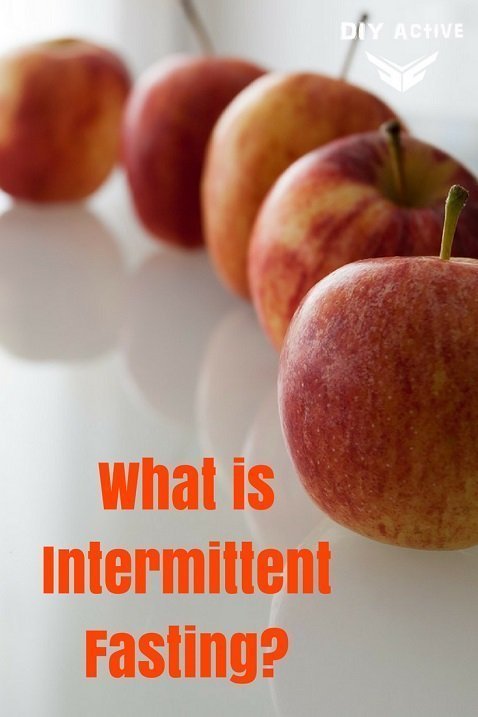What is Intermittent Fasting?
It’s currently one of the most talked-about health and fitness trends, but what exactly is intermittent fasting (IF) and how is it good for your body? Essentially, it involves cycles of eating and fasting, with many studies showing that it can help to boost metabolic rate and promote weight loss.
Find out exactly what is intermittent fasting
Intermittent fasting doesn’t say anything about which foods to eat, but rather when you should be eating them.
It’s as simple as extending our regular fasting period – the hours that we’re asleep – to 16 hours a day. That means restricting your eating window to only 8 hours every day.
While it may seem like a short space of time, it’s fairly easy to do. During the fasting period, you can have water, coffee, tea, and other no-calorie beverages and most people who undertake this type of fast say that hunger isn’t really an issue.
Types of intermittent fast
With IF becoming a trend over the past few years, it’s natural that a number of different types have arrived. Some of the most popular include:
The 16/8 Method: Involves fasting for 16 hours a day with an “eating window” usually between the hours of noon and 8 pm.
The 5:2 Diet: On two days of the week eat no more than 500-600 calories.
Eat-Stop-Eat: One or two days a week don’t eat anything from dinner one day until dinner the next day.


So long as you’re eating healthy foods during your eating window, restricting your diet in this way can have some brilliant health benefits.
Our bodies are well equipped to handle periods of fasting. After all, as humans, we’ve been doing it for thousands of years.
Our hunter-gatherer ancestors fasted when there was no food to eat, and many religions including Islam and Buddhism mandate fasting in one form or another.
Reduces blood sugar levels
When we don’t eat for a while, our bodies can have some time off.
When we’re fasting, our blood sugar and insulin levels are reduced, and there is an increase in the human growth hormone and placing you less at risk of type 2 diabetes.
Promotes weight loss
Many people who undertake IF do it to lose weight. Unless you compensate your fasting by overeating during your eating window, you will generally tend to take in fewer calories.
For that reason, short-term fasting can increase your metabolic rate by up to 14%, helping you burn more calories.
Of course, to lose weight even faster it’s good to commit to regular exercise such as a fitness boot camp.
Boosts your brain health
Something that’s good for your body is usually good for your brain, too. Studies have shown that fasting increases the levels of a brain hormone called brain-derived neurotrophic factor (BDNF).
A deficiency of this has been known to cause depression and other brain problems. Another study found that short-term fasts were able to help Alzheimer’s symptoms in 9 out of 10 patients.
Wrap-Up
There you have it! Now you know what is intermittent fasting. Take time to do thorough research and consult your doctor before making any big diet changes!
Check out this app that can make fasting easy.